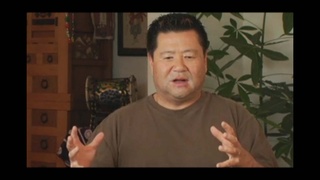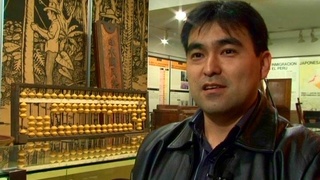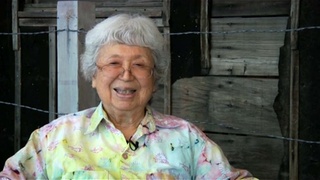Interviews
Being a man through Kabuki
My father always wanted a son and all his friends said, “I have a son” and my father had a little girl – a sick girl that was always getting sick. So I wanted to be a boy. If I do kabuki, I could be a boy, a son and I could please my father. That’s how I started. And at Koyasan, I did this…I became a monk. If you’re a Christian, you call yourself a priest. And my father was happy. So I always try to be a boy. So this Tange Sazen is a boy and this Kagami Jishi is a man. Always trying to please my father. But he was very happy.
Date: November 30, 2004
Location: California, US
Interviewer: Nancy Araki and John Esaki
Contributed by: Watase Media Arts Center, Japanese American National Museum






